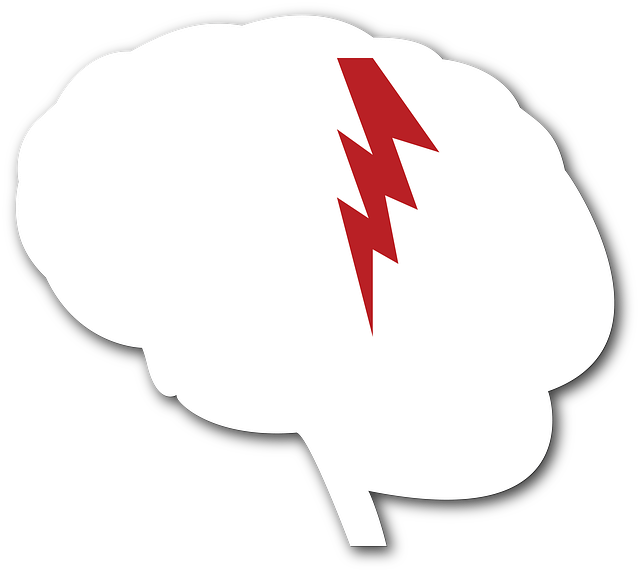
One-third of Americans don’t have a primary stroke center nearby. Getting help is critical to surviving and reducing disability when a stroke hits.
Use the FAST system for recognizing the signs.
- F for face drooping;
- A for arm weakness;
- S for speech difficulty; and
- T, time to call 9-1-1.
They may also have
- visions changes,
- muscle stiffness,
- memory loss,
- behavioral changes,
- severe headache,
- confusion, and
- problems with walking and swallowing.
If you see any combination of these behaviors and you even suspect a stroke is happening, call for help.
If you’re wrong, great; if you’re right, great. It’s a win-win!
Get emergency medical people on the scene as soon as possible.
Have a list of medications and health history ready.
Certain medical conditions such as aFib are known to cause strokes and heart attacks. Be informed.
Claudia
Join me on Facebook at Dr. Claudia McCulloch.
At DrClaudia.net, click on the "Ask Me" button and send me a question.
Sign up for the Sunday newsletter. Don't miss a thing!


